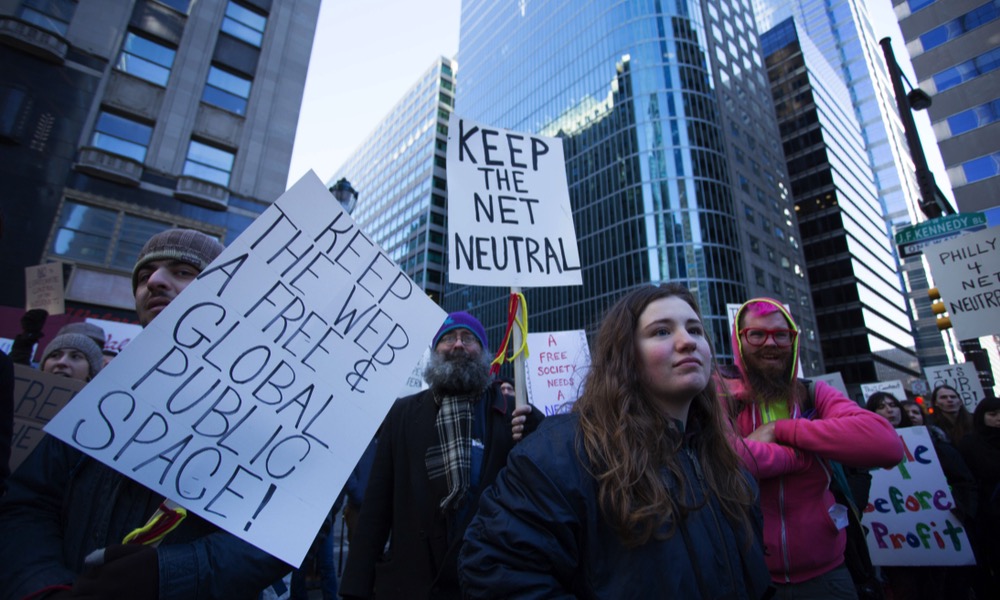FAQ: What’s Happened Since Net Neutrality Was Repealed?
 Credit: Michael Candelori / Shutterstock
Credit: Michael Candelori / Shutterstock
Toggle Dark Mode
The FCC drew controversy in 2017 when it filed to end the Obama-era net neutrality policy. By June 11th, 2018, net neutrality was officially dead. It’s been two years since the filing, but has it actually impacted the internet?
Previously, the United States didn’t allow ISPs to charge separate rates for access to different websites. Instead, users received optimal access to all of them for a monthly price. While the nature of internet law has changed and shifted over the last 40 years, it’s maintained the basic principle of net neutrality.
In 2017, newly appointed FCC chairman Ajit Pai stated that he was interested in removing net neutrality, claiming that doing so would encourage innovation and change among ISP providers. Tech companies and internet activists begged to differ.
By December of that year, the FCC had voted 3-2 in favor of removing net neutrality, a resolution found to be undesirable by millions. 23 million comments were filed that year, asking for the FCC not to vote this particular way. But the filing went through. The repeal eventually kicked in on June 11, 2018. But what has the internet looked like since this filing?
Internet Post-Net Neutrality
While some activists argued that this would severely harm internet users in the United States, the reality is far more complex. Gigi Sohn, a professor at Georgetown Law, notes three particular incidents that have he believes directly came about due to the repeal of net neutrality:
- Throttling in select cases: Verizon was able to throttle and limit internet access for firefighters as they fought off California wildfires, demanding they pay double to remove said throttling. While Verizon claims the event was one of customer service error, the fire department said it was more an issue of the net neutrality repeal.
- Phone companies were allowed to sell the location data of customers to whoever would pay.
- Local data providers demanding additional fees from consumers in order to rent devices.
Sohn says that this reveals the real intentions of these companies, in that they will seek to make an excess profit wherever possible. It’s become particularly pertinent during the pandemic when the internet is being used by more people at once than ever before.
The FCC made ISP providers sign a ‘Keep Americans Connected‘ pledge that asks providers to not terminate customer service if they fail to pay bills. They’re also asked to waive late fees and provide Wi-Fi hotspots where needed. 700 companies have signed, but connection issues have maintained. There have also been issues in providing data to lower-income households. Other activists have claimed that the ISPs have been more than up for the challenge, providing the tools that families desperately need.
The net neutrality policy helped protect consumers, minimizing market control and excess costs. While most internet users will likely not pay attention or note the significant differences, the effects of the lack of net neutrality are still felt today in select cases.






